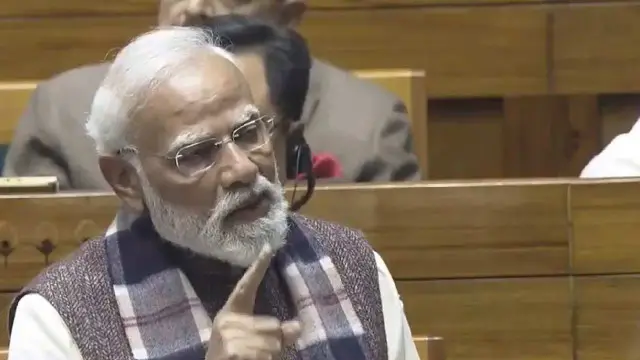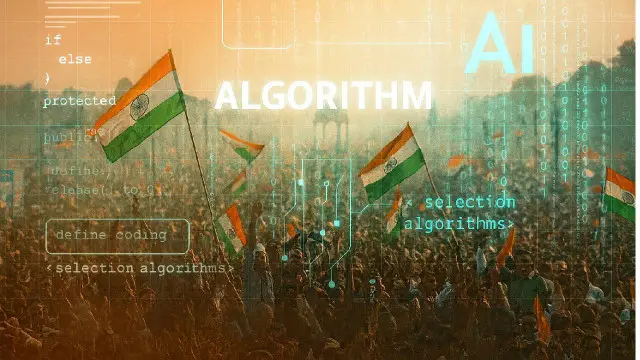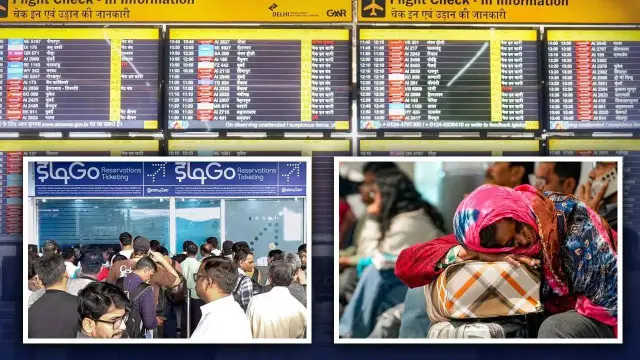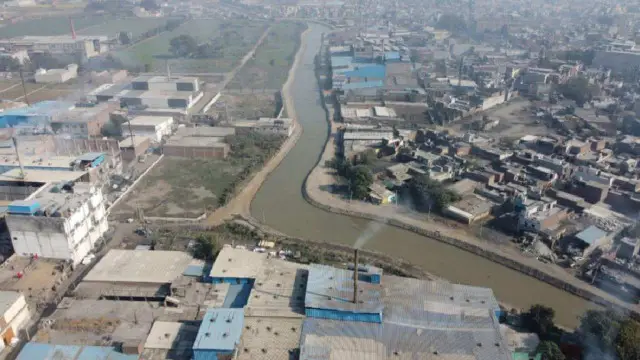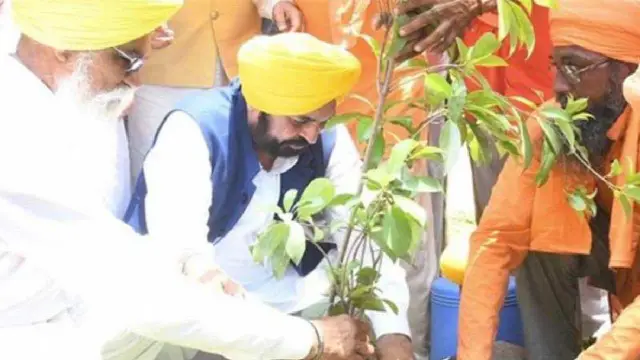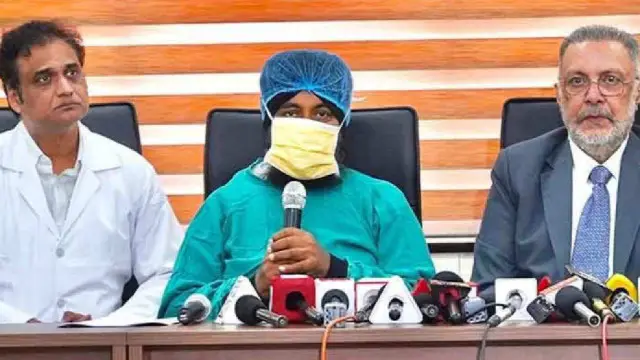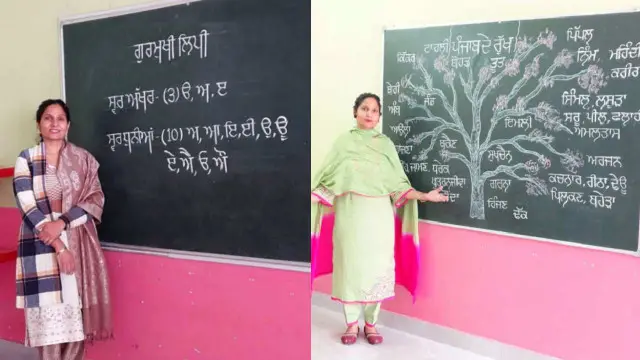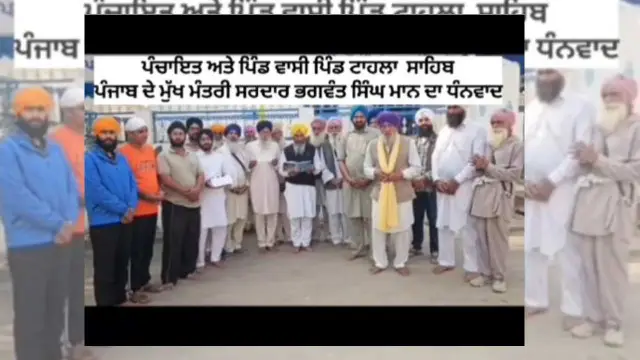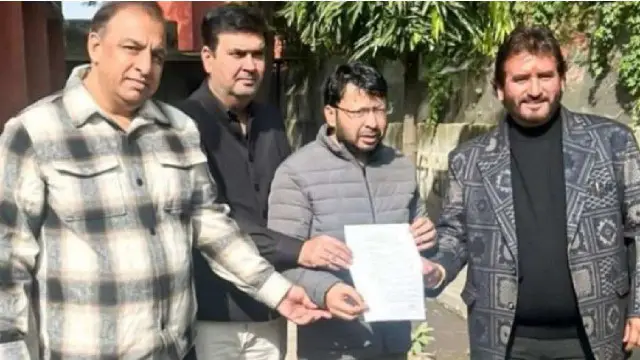CJI Chandrachud responds to criticism of PM Modi’s Ganpati puja visit, emphasizes judiciary’s integrity
This discussion reflects the delicate balance required in maintaining open channels between the executive and judiciary while upholding judicial impartiality.

New Delhi: Chief Justice of India (CJI) D Y Chandrachud recently addressed the political criticism following Prime Minister Narendra Modi’s attendance at Ganpati Puja at his residence in September, emphasizing the importance of maturity in the political discourse. Speaking at an event, CJI Chandrachud defended PM Modi’s visit, noting that interactions between the judiciary and the executive are essential to a healthy inter-institutional relationship and do not compromise judicial impartiality.
Maintaining a Social Bond Beyond Judicial Matters
In his statement, CJI Chandrachud clarified that gatherings involving the judiciary and executive are common at national celebrations such as Republic Day or events at Rashtrapati Bhavan. “There is absolutely nothing wrong as these are continuing meetings between the judiciary and the executive even at a social level,” he said, emphasizing that these interactions do not involve discussing cases or judicial decisions. The CJI added that both the judiciary and the executive are “in conversation” about broader social and national issues, separate from judicial matters.
Inter-Institutional Dialogue as Part of Governance
CJI Chandrachud underscored that the principle of separation of powers does not prevent dialogue, and emphasized that inter-institutional communication promotes a robust governance system. “People think there are deals being made, but that is not the case,” he explained, noting that such interactions support the overall functioning of the government, working for the nation's welfare.
Public Concerns Over Judicial Impartiality
Despite Chandrachud’s assurances, PM Modi’s visit drew attention on social media, where some expressed concerns about the judiciary's independence. Addressing these apprehensions, CJI Chandrachud remarked that both constitutional court judges and executive leaders exhibit “enough maturity” to avoid judicial discussions during informal interactions.
“This is part of the robust dialogue between different arms of the government,” he reiterated, affirming that any collaboration between the judiciary and executive serves the nation’s betterment. This discussion reflects the delicate balance required in maintaining open channels between the executive and judiciary while upholding judicial impartiality.





